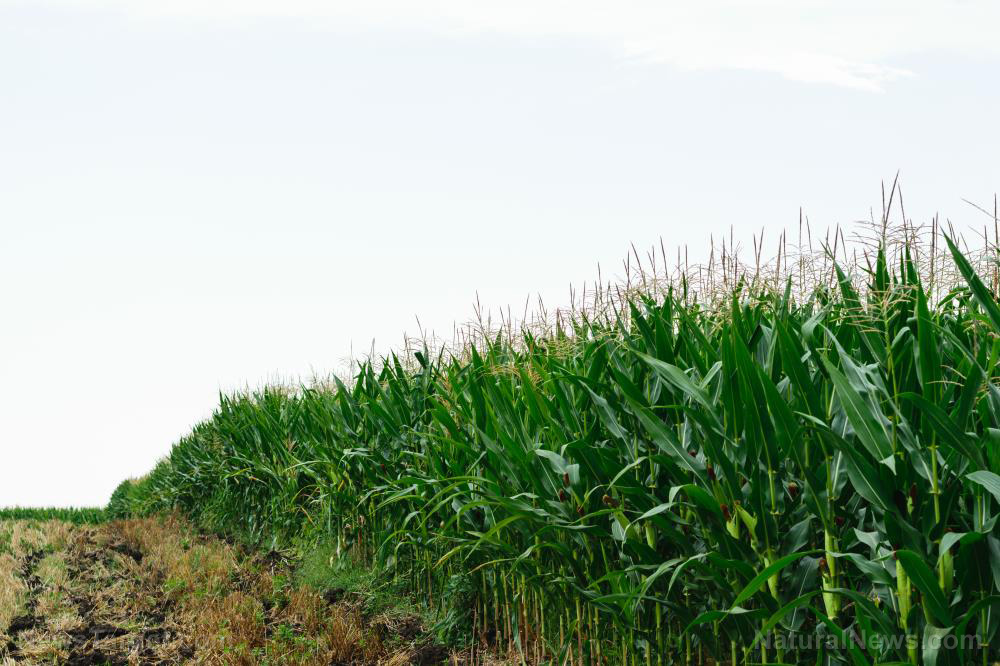Bioactive peptides found to have a positive effect on endothelial function
03/31/2018 / By Ralph Flores

Bioactive peptides could be a potential option for managing and treating endothelial dysfunction, as well as its complications, researchers from the University of Alberta report. In their study, which was published in Food Science and Human Wellness, they provide an overview of how bioactive peptides can be used to support the endothelium and prevent the onset of disease.
- Researchers identified oxidative stress as a key factor in the development of a disease. In particular, oxidative stress in the endothelium creates a reaction with nitric oxide (NO) and produces peroxynitrite (ONOO?), a reactive molecule that can cause adversely affect the normal function of cells. This process results in the inflammation of the endothelium, which, in some cases, may lead to cell death.
- Currently, there is a push to find natural alternatives to existing medication, with concerns raised on their synthetic nature and their adverse side effects. As such, bioactive peptides – which are derived from food proteins – have received increased attention, given their benefits to human health.
- One such group of bioactive peptides are those with anti-inflammatory effects, which can be used to manage endothelial dysfunction. In particular, ovotransferrin-derived tripeptides and peptide-rich milk protein hydrolysates have shown promise in managing inflammation in the endothelium.
- Another factor which is known to harm the endothelium is the excessive actions of the renin-angiotensin system (RAS). This condition, according to researchers, can also be attenuated with bioactive peptides.
Based on the data identified in the study, researchers believe that bioactive peptides could potentially be used in the treatment and management of endothelial dysfunction.
Find the full text of the study at this link.
Journal Reference:
Chakrabarti S, Wu J. BIOACTIVE PEPTIDES ON ENDOTHELIAL FUNCTION. Food Science and Human Wellness. 2016; 5(1):1–7. DOI: 10.1016/j.fshw.2015.11.004
Tagged Under: anti-inflammation, anti-inflammatory, antioxidant, Bioactive peptides, cardiovascular disease, cell death, cell oxidation, CVD, endothelial dysfunction, endothelium, food proteins, inflammation, nitric oxide, ovotransferrin derived tripeptides, oxidative stress, peptide-rich milk protein hydrolysates, peroxynitrite, RAS, reactive molecule, renin-angiotensin system, synthetic medicine



















